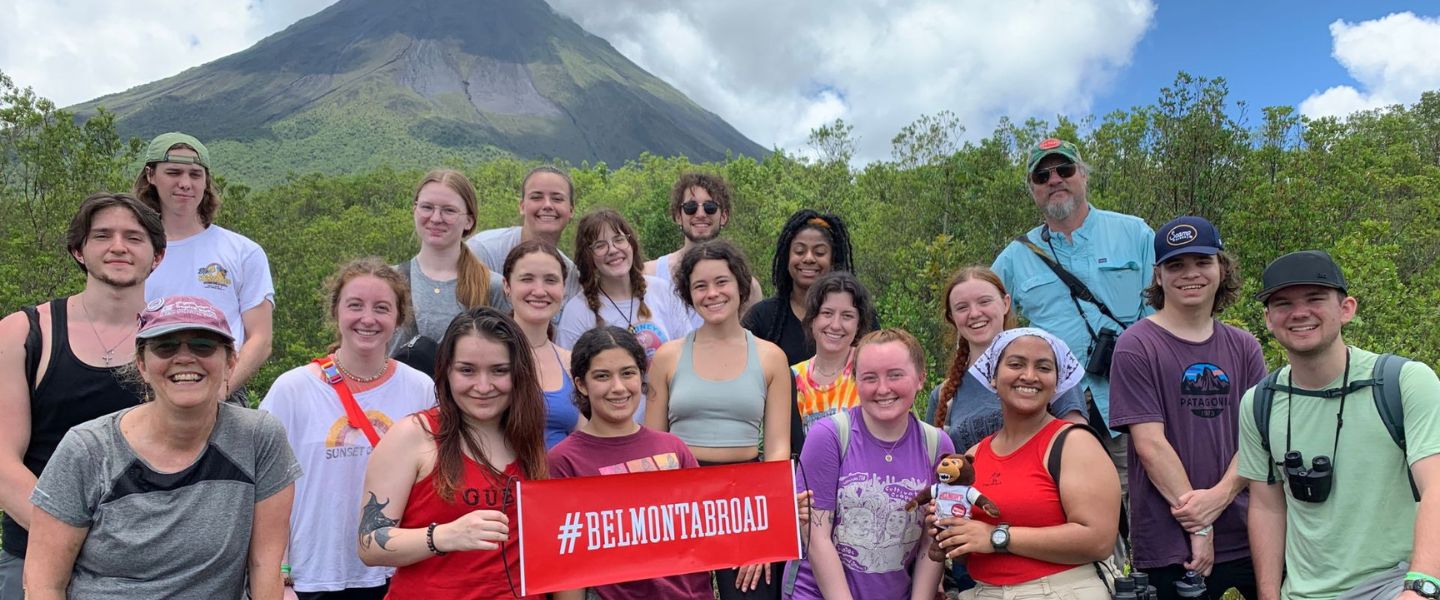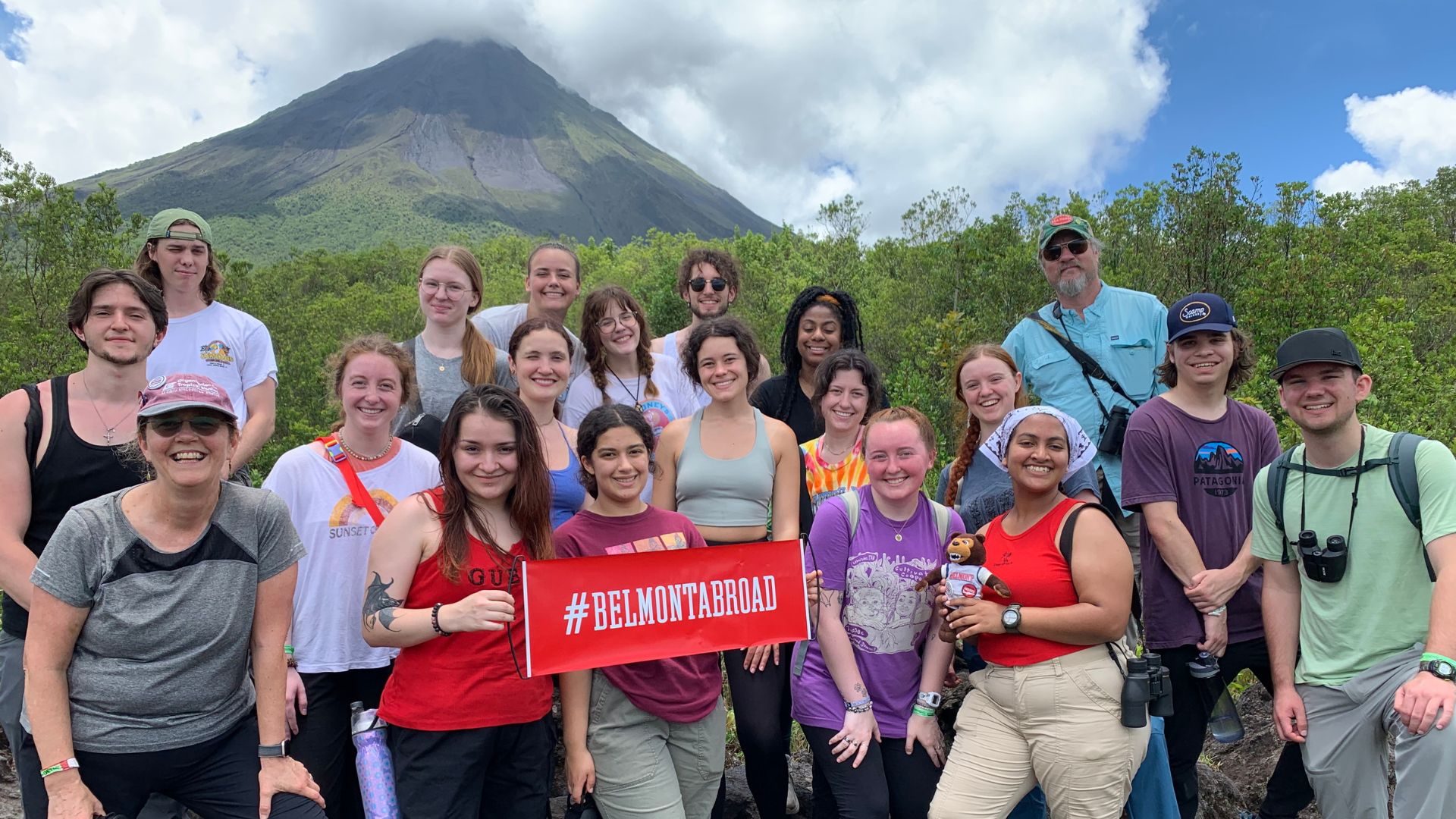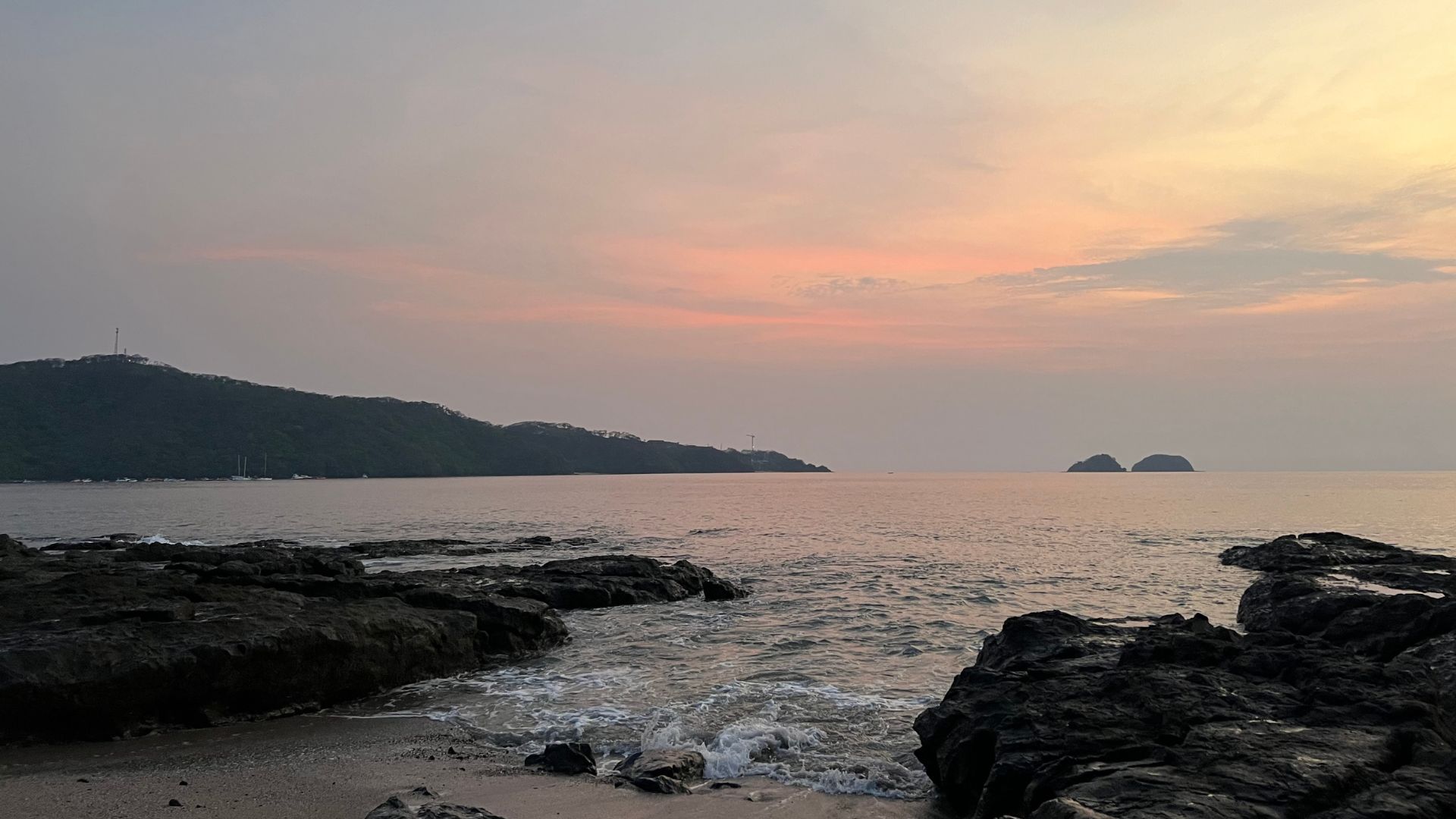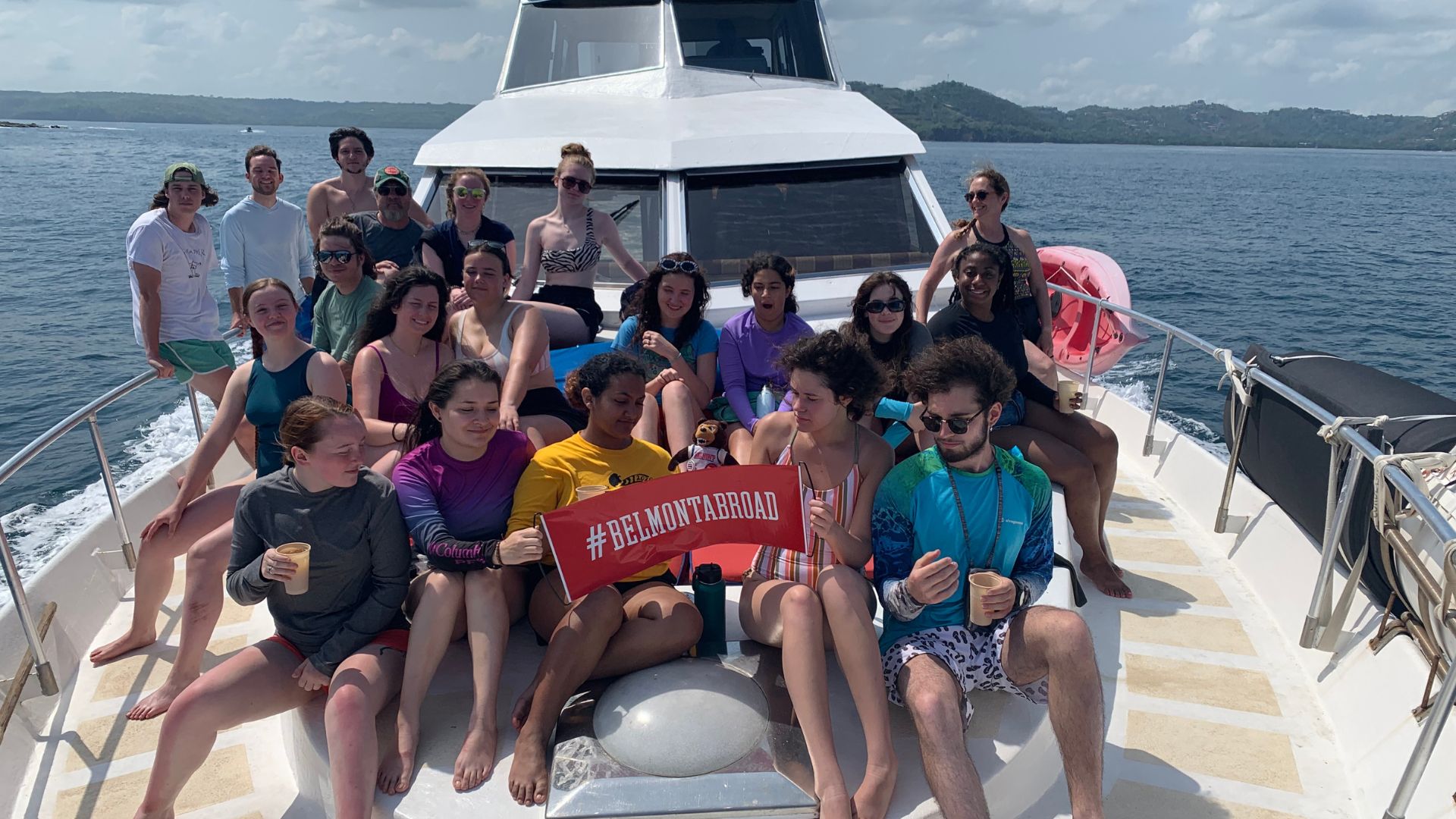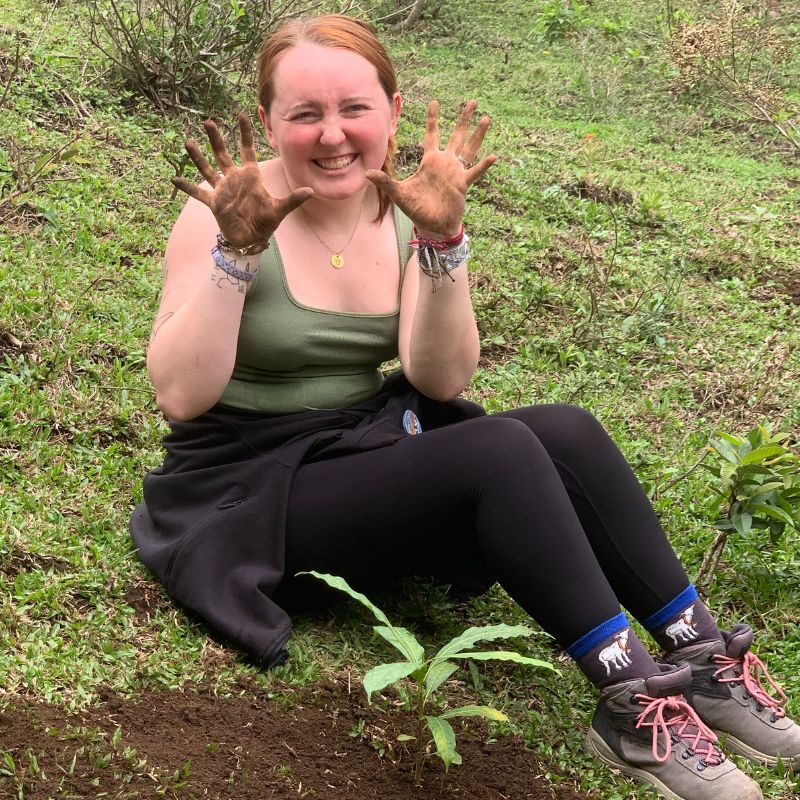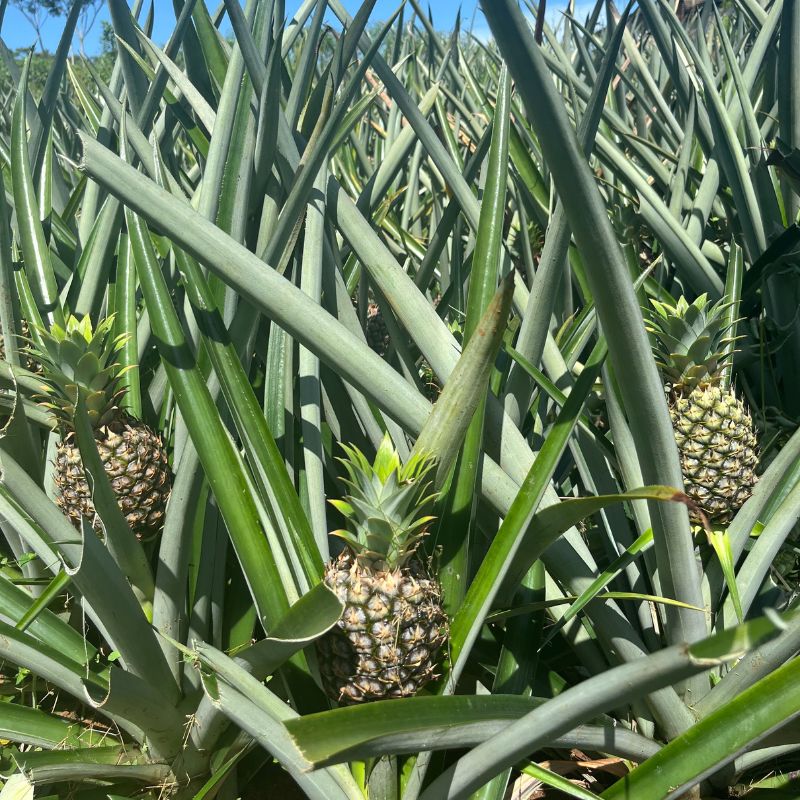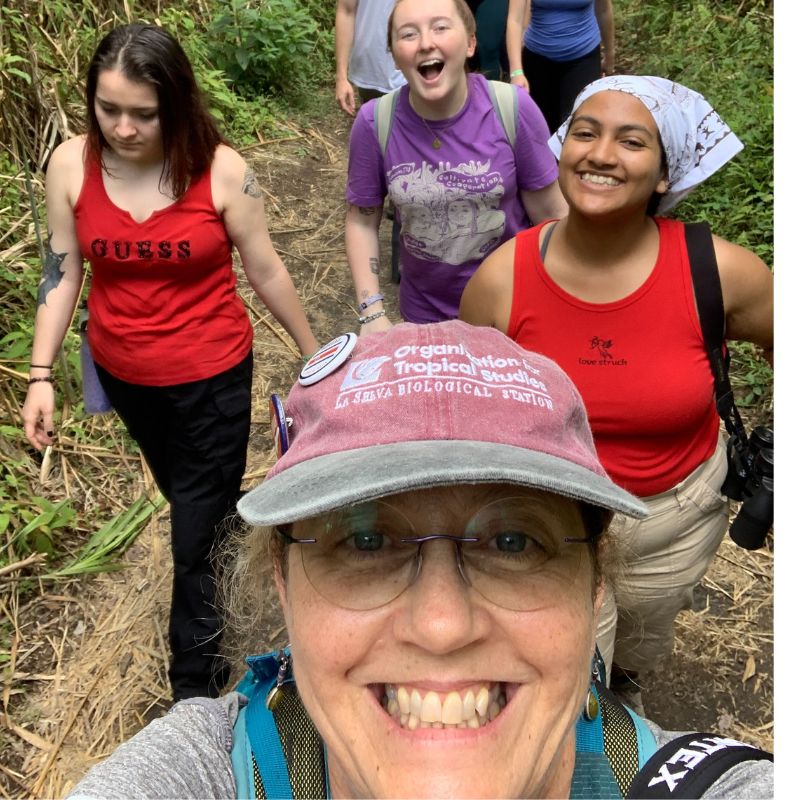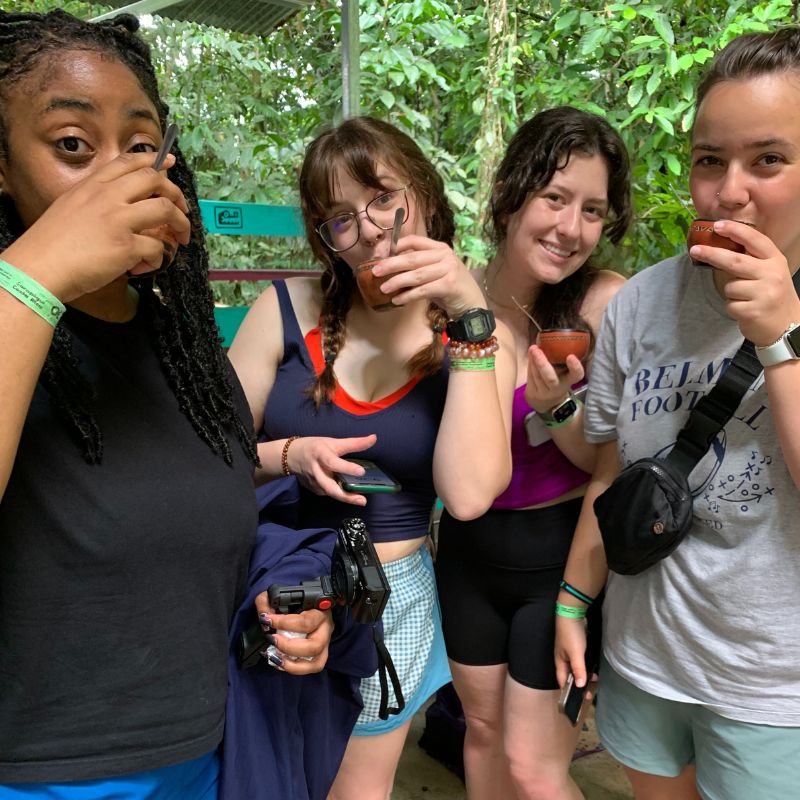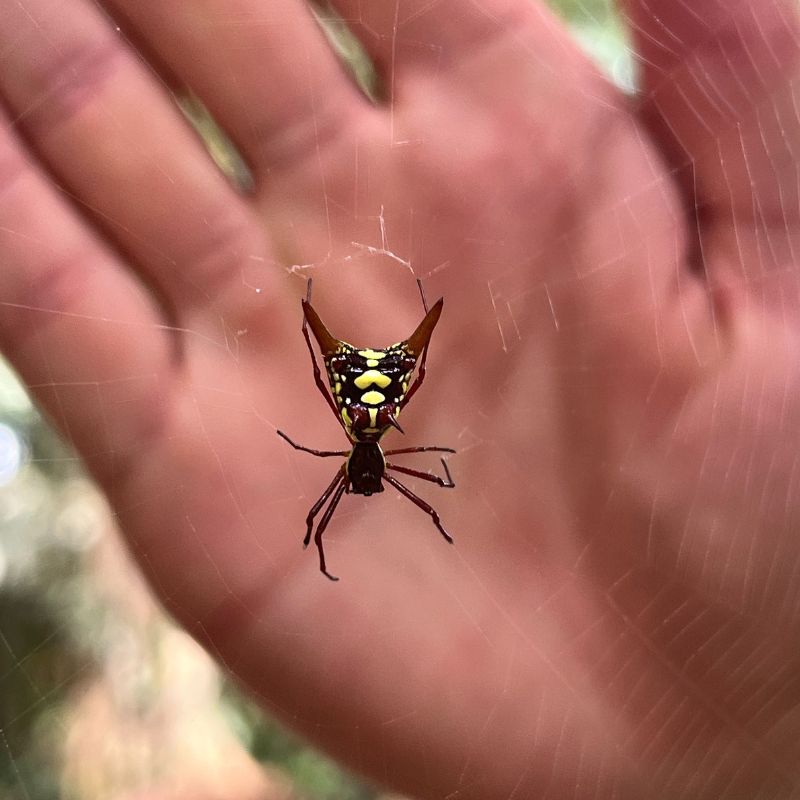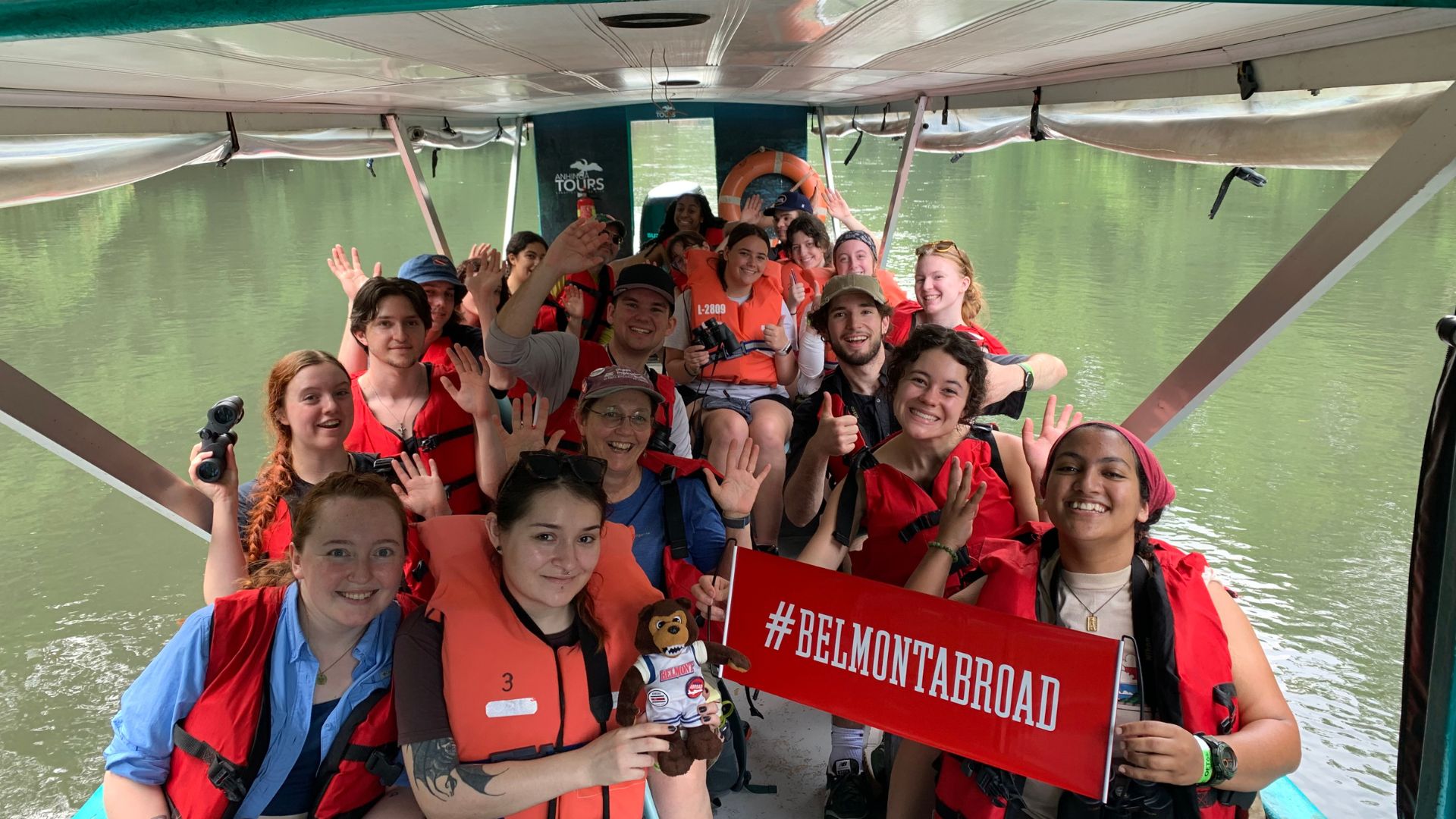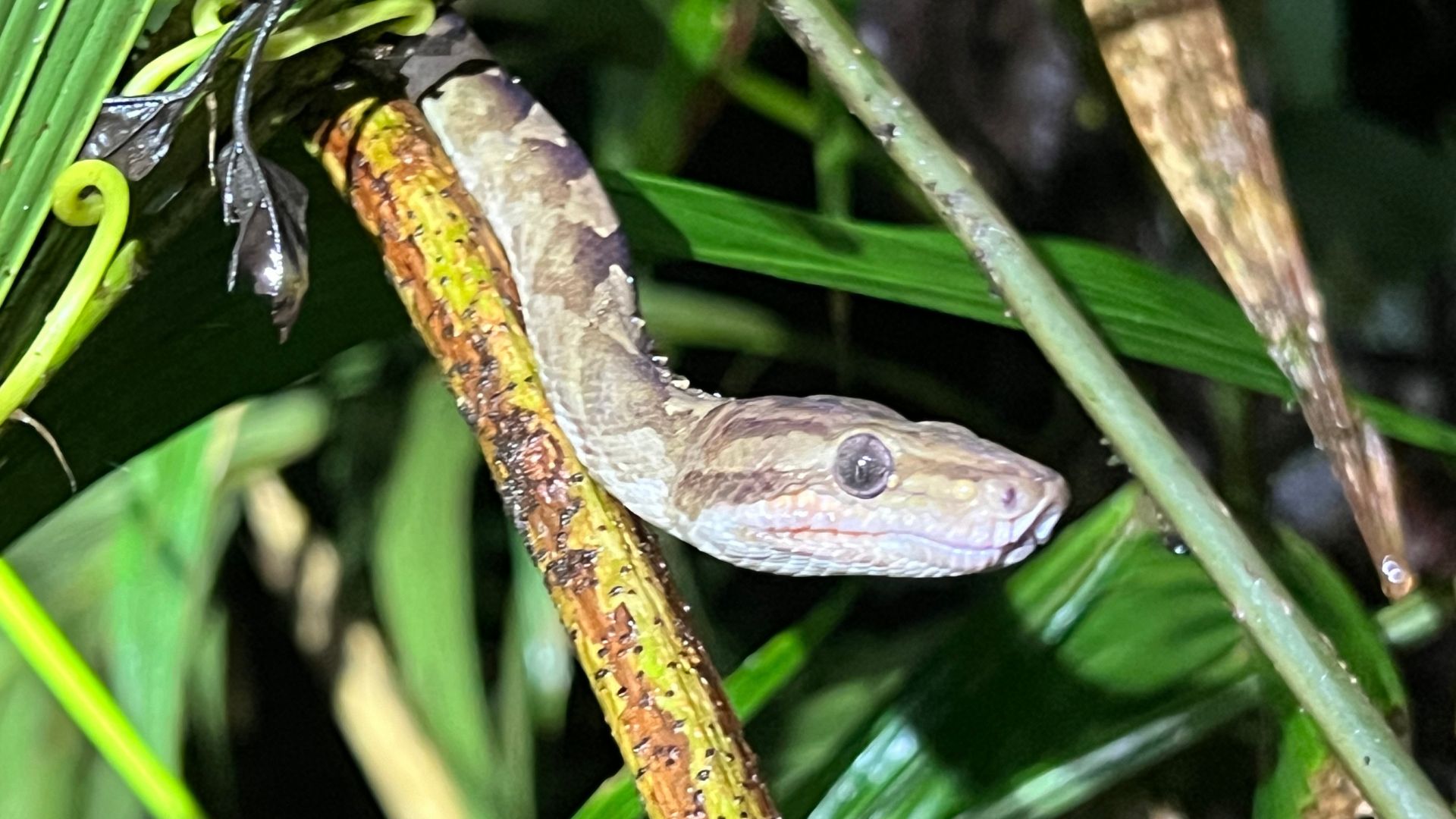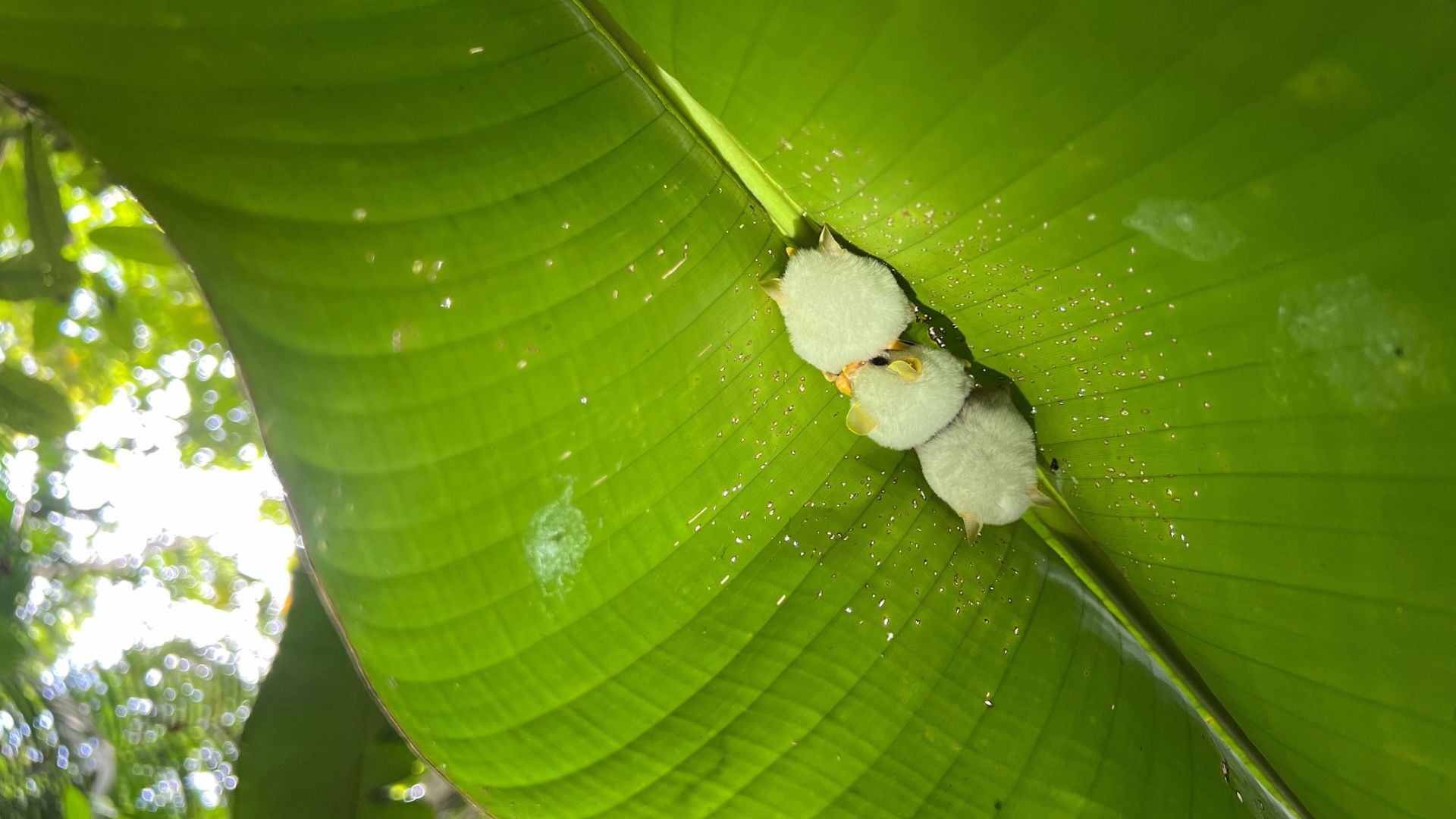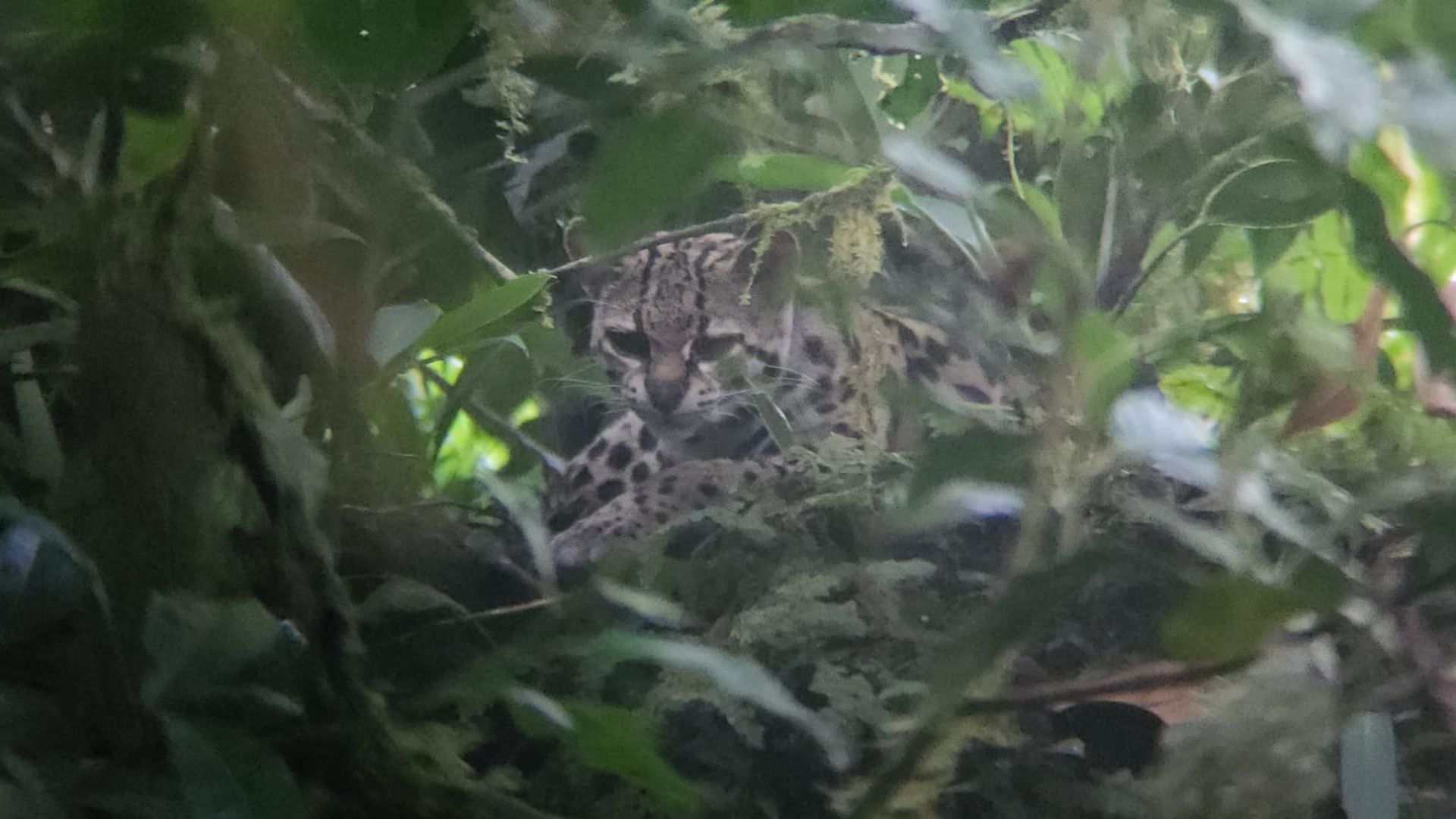Study abroad group participates in conservation practices over the summer
Earlier this summer, a bus transporting 18 Belmont study abroad students and biology professors Dr. Darlene Panvini and Dr. John Niedzwiecki departed from the airport in San Jose, Costa Rica. While some study abroad trips may center around bustling urban areas and capital city tourist destinations, this bus was bound for the country’s mountain ranges where students were immersed in Costa Rica’s natural beauty to learn about its sustainability practices.
Costa Rica has long been praised for its sustainability efforts and conservation success. In 1949, the government abolished its military and opted to direct those funds towards environmental protection. Today, over 99% of Costa Rica’s electricity generation comes from renewable sources. Much of this energy is hydroelectric, drawing from the nation’s rivers and dams, with some geothermal power thanks to its volcanoes. Students on the trip were able to see both types of energy production.
“We’re very intentional about the lodging we stay in,” said Panvini. “The first place we stay is in La Selva biological research station where major tropical research is conducted. This gets students thinking about tropical ecosystems and their protection. The second is in the lodge at the Monteverde Cloud Forest where we talked about federally and privately protected land.”
In the 1960s, the government began to address its deforestation crisis by offering land to farmers with the promise that farmers would plant trees on the land. These areas then become protected lands, a cornerstone of Costa Rica’s conservation strategy.
Students met a farmer who participated in this program. His family not only made lunch for the group but guided them through the property where he now grows coffee.
“He showed us how the trees on the land provide shade for the coffee, in turn providing habitats for birds in the area,” said senior environmental science major Oliver Banks. “The trees prevent soil erosion and make for better coffee.”
At another site, students got their hands dirty and contributed to Costa Rica’s reforestation program firsthand. Half of the group filled small black bags with dirt, allowing the locals managing the agroforestry project at the site to drop seeds in, saving them time and effort. The other half physically planted the trees before switching roles.
“It’s incredible that in Costa Rica, there are 20 trees that were planted by us,” remarked Banks.
Students were also able to visit a pineapple farm, a chocolate farm and briefly stayed at Playa Hermosa, a secluded beach cove away from tourists. At Playa Hermosa, students learned about the dangers of microplastics, cleaned up trash in the area, kayaked along the mangrove-dotted coastline and observed numerous tidal pools.
Throughout their time abroad, students gathered information for an end-of-trip presentation. They could choose between collecting data on certain species or interviewing locals during their time in Costa Rica to create a survey. All students created a science poster and infographic for their final presentation.
One group opted to identify and chart every species of butterfly they encountered including the time, location, weather and other environmental factors present at the time of the sighting. In 18 days, these two students identified over 30 species of butterflies and presented their findings to the rest of the group upon the trip’s end.
“They would see a butterfly and take off to take a picture — they just became almost obsessed with this,” Panvini laughed. “And when other people saw butterflies, they would call them out. It was amazing to me, and they were so passionate about it.”
Another group opted to survey locals about sustainability and what people can do to enhance those efforts in Costa Rica.
“Across the board, the number one answer was education, and the students were blown away by that,” recalled Panvini. “It didn’t matter what people’s jobs or ages were, just an overall emphasis on education at all levels regarding the importance of sustainability. It was so cool — while our students were being educated on sustainability, they were hearing about its importance.”
Although Costa Rica has made significant progress in sustainability, it still faces challenges. Even so, Banks identified a number of lessons he brought back from his time studying abroad that he believes can be implemented in the U.S.
“Costa Rica has plenty of financial incentives to farm and establish sustainable ecotourism practices, and it worked — I would love to see that change here in the United States,” he said. “We can practice sustainable use, sustainable farming practices, reduce waste and aim for cleaner energy. I think we just have to find ways to be creative with it.”
Through immersive, hands-on opportunities to explore sustainable practices and conservation efforts in action, students on the trip gained valuable insights into the critical role of education and creative solutions in promoting sustainability. As a result, these future environmental leaders returned home with not only memories, but actionable ideas to implement more sustainable practices in their own communities.
Learn More
Learn more about studying abroad at Belmont.

